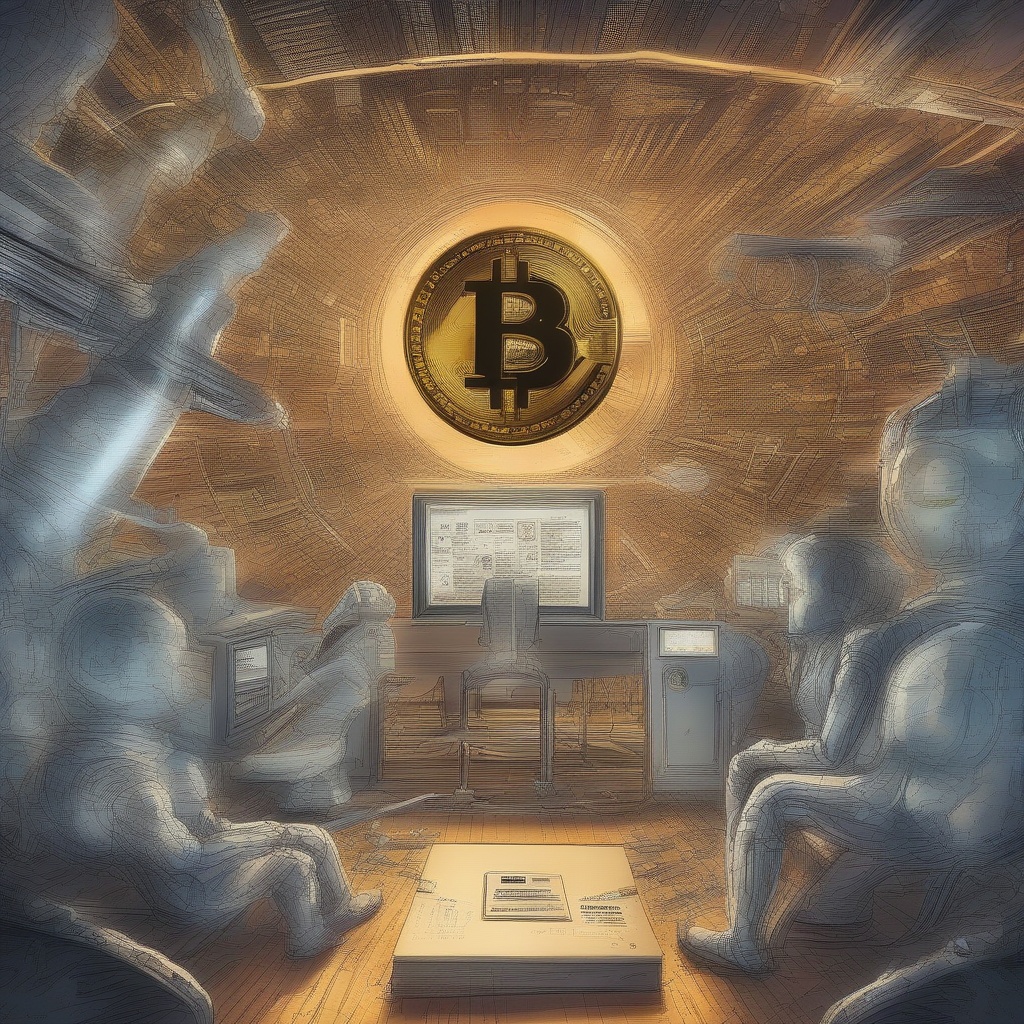Is USDT ERC-20 and TRC20 the same?
Is USDT ERC-20 and TRC20 the same?" This is a question that often confuses individuals who are new to the realm of cryptocurrency and blockchain technology. To clarify, let's delve into the nuances of these two terms. ERC-20, as we know, is a standard protocol for issuing tokens on the Ethereum blockchain. It defines a set of rules and functions that allow tokens to be compatible and interchangeable with the wider Ethereum ecosystem. ERC-20 tokens can be easily integrated into Ethereum wallets and exchanged for other ERC-20 tokens, providing seamless interoperability. On the other hand, TRC20 is a token standard specific to the TRON blockchain. Similar to ERC-20, TRC20 defines a framework for creating and managing tokens on the TRON network. However, the key difference lies in the underlying blockchain technology; TRC20 tokens are native to the TRON blockchain, while ERC-20 tokens are native to Ethereum. So, when it comes to USDT, there can be ERC-20 compliant versions and TRC20 compliant versions. The ERC-20 version of USDT is designed to work seamlessly with Ethereum wallets and exchanges, while the TRC20 version is tailored for use on the TRON blockchain. In summary, USDT ERC-20 and USDT TRC20 are not the same. They represent the same underlying stablecoin value, but are tailored to operate on different blockchain networks, each with its own set of rules and functionalities. It's important to understand the differences when interacting with these tokens, as they may have different use cases and compatibility considerations.
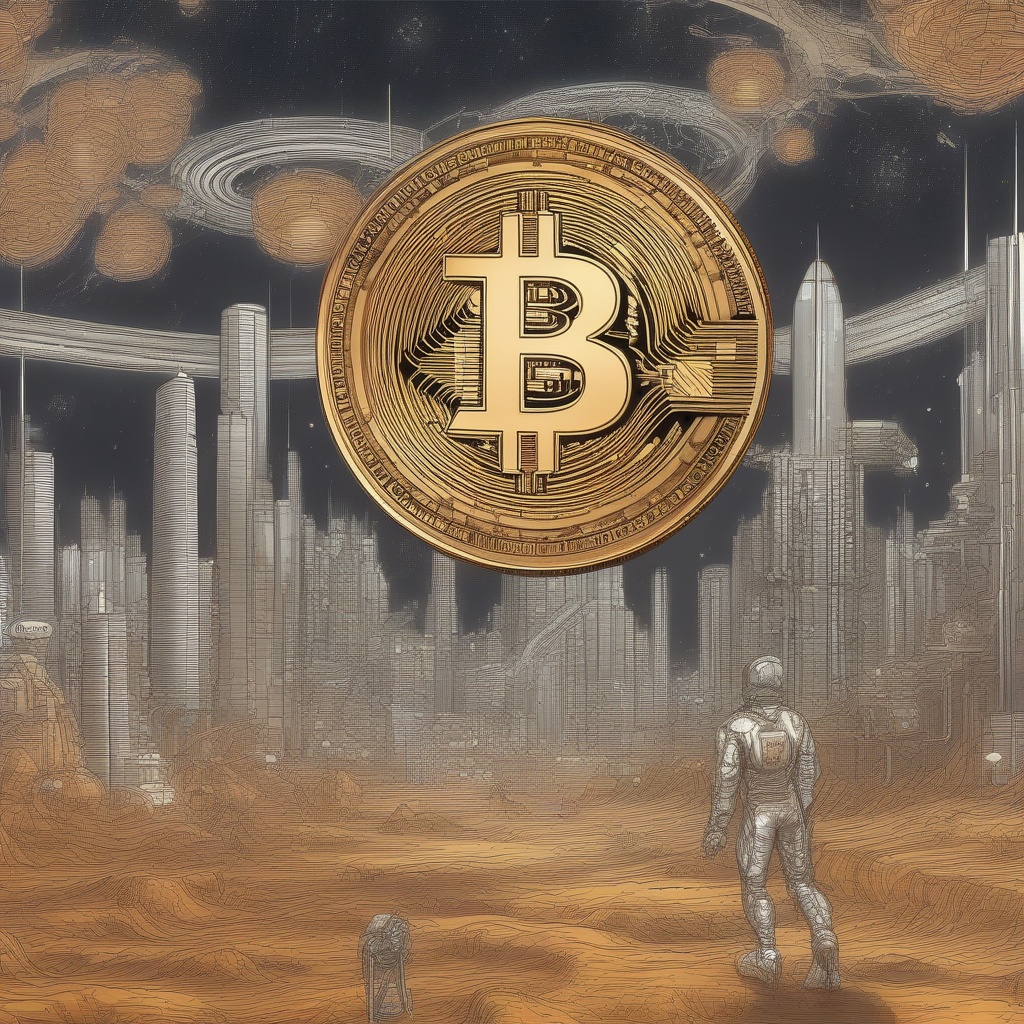
Can you send ETH on ERC-20?
Excuse me, I have a question about cryptocurrency transactions. Could you please tell me if it's possible to send ETH on the ERC-20 standard? I'm trying to understand the technicalities of these transactions and I'm a bit confused. ETH is obviously Ethereum's native token, but I'm not sure if it's compatible with ERC-20, which is a token standard for Ethereum-based tokens. Could you clarify this for me? It would be greatly appreciated if you could explain in detail how the process works, if it's indeed possible to send ETH on ERC-20.
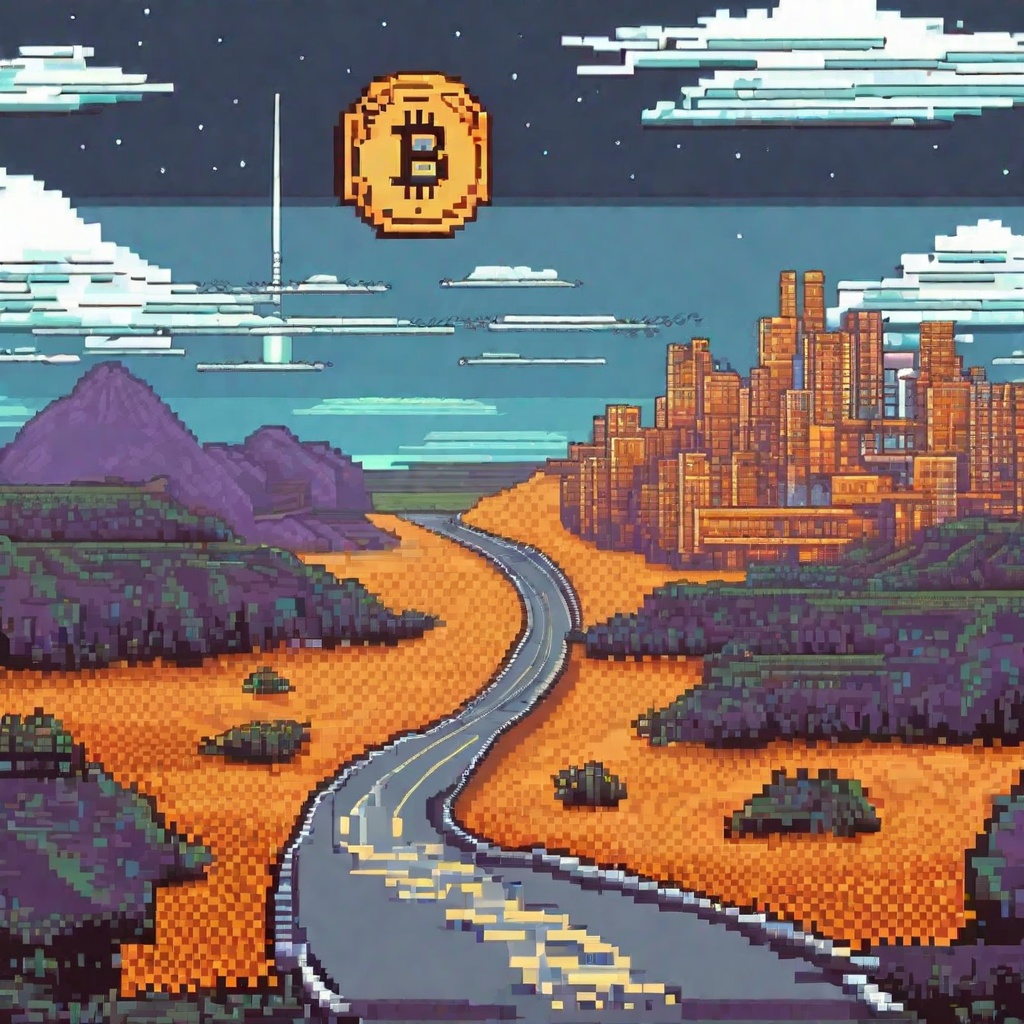
Is Binance ERC-20?
Excuse me, I'm a bit confused about something. Could you possibly clarify whether Binance supports ERC-20 tokens or not? I've heard a lot about ERC-20 and its role in the crypto ecosystem, but I'm not entirely sure if Binance, as a leading crypto exchange, actually supports these tokens. Could you please elaborate on this matter? It would greatly assist me in understanding the intricacies of the crypto world better. Thank you for your time and assistance.
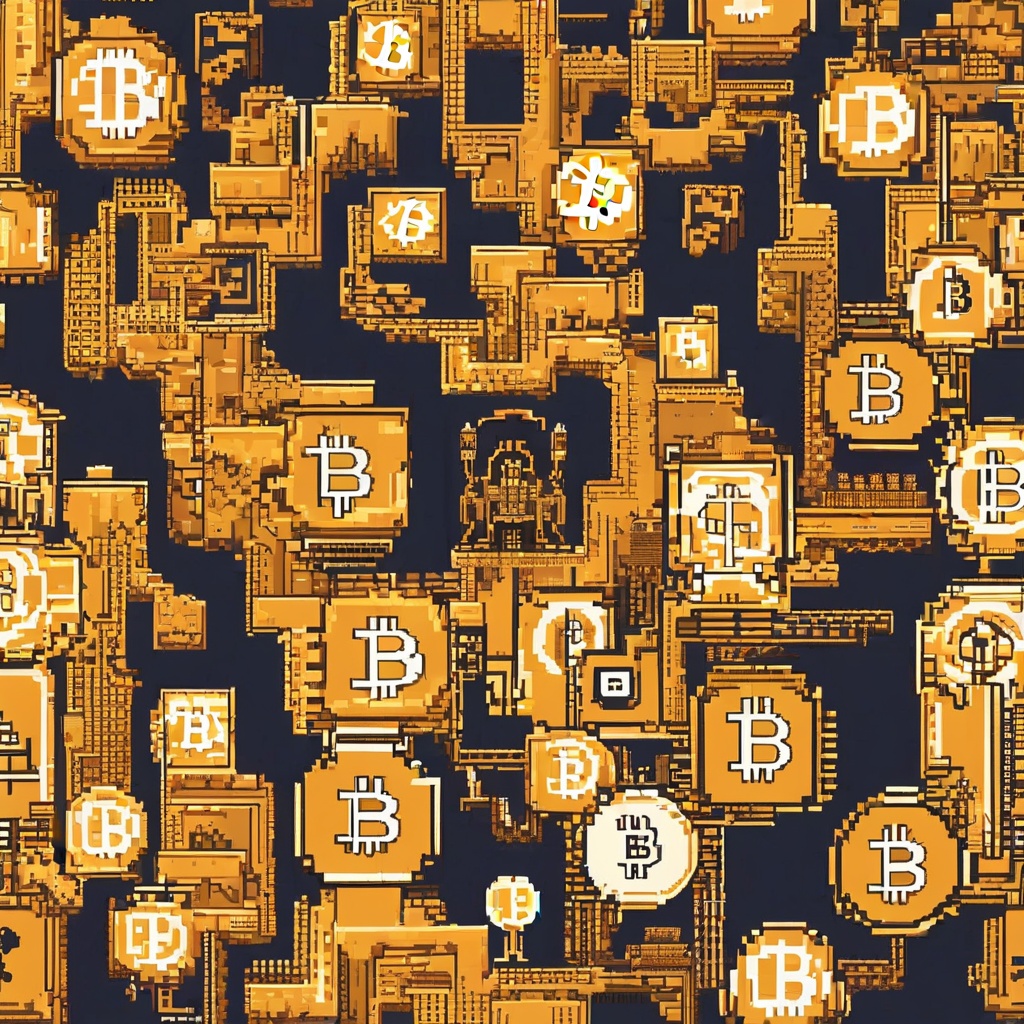
What type of token is ERC-20?
Could you please clarify what kind of token ERC-20 represents? I've heard it mentioned in the context of cryptocurrency, but I'm not entirely sure about its specifics. Is it a utility token? A security token? Or perhaps something else entirely? Could you provide a brief overview of its main characteristics and functionalities? Additionally, how does ERC-20 differ from other types of tokens in the cryptocurrency space? I'm eager to understand its role and significance in the broader crypto ecosystem. Thank you for your assistance in clarifying this matter.
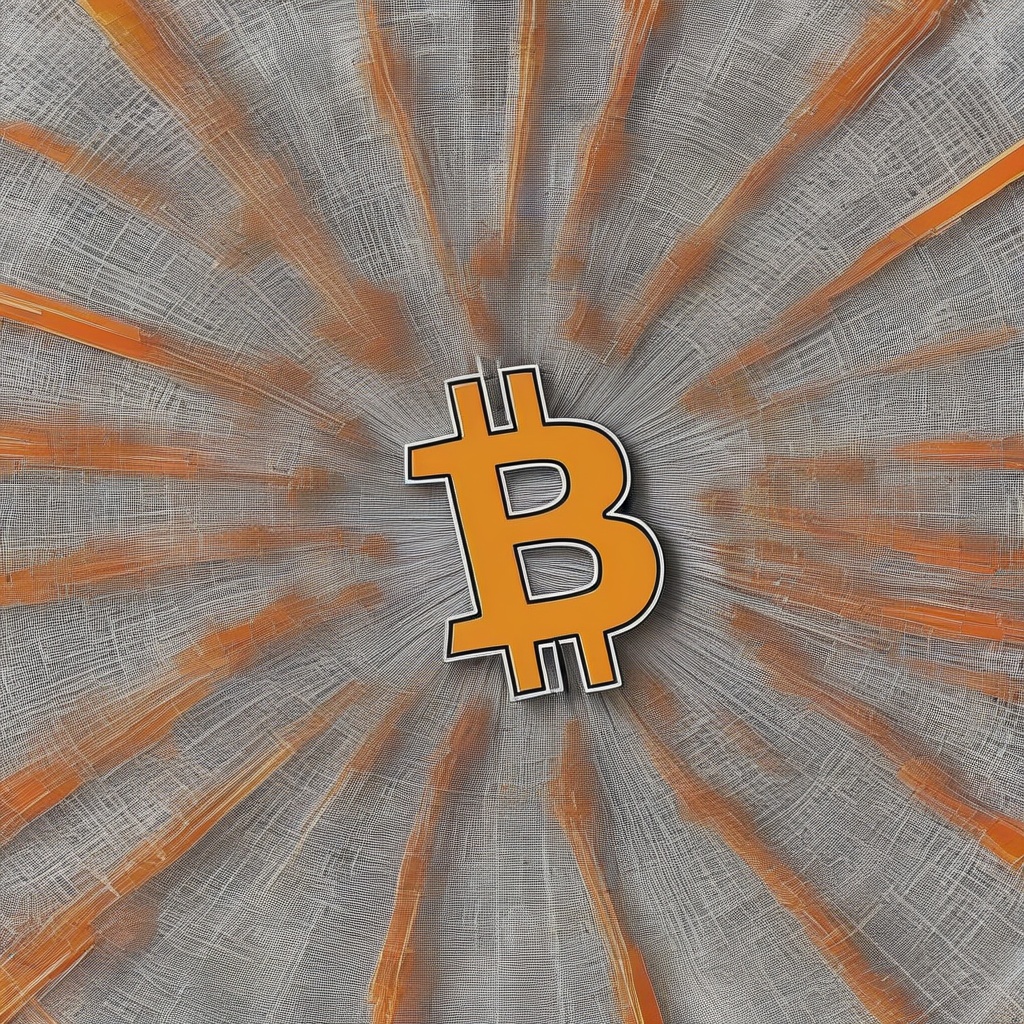
Is Paypal an ERC-20?
Is Paypal an ERC-20?" This question seems to mix up two very distinct concepts in the realm of finance and digital currencies. Paypal, a globally recognized payment processor, facilitates transactions between individuals and businesses, primarily using traditional currencies like US dollars, euros, and so on. On the other hand, ERC-20 is a technical standard used for smart contracts on the Ethereum blockchain. ERC-20 tokens represent digital assets that are built and traded on the Ethereum network. To put it simply, Paypal is a traditional payment system, while ERC-20 tokens are part of the decentralized, blockchain-based world of cryptocurrencies. Paypal does not issue or trade ERC-20 tokens, nor does it operate on the Ethereum blockchain. Therefore, the answer to the question "Is Paypal an ERC-20?" is unequivocally no. Paypal and ERC-20 tokens belong to two entirely different ecosystems, each with its unique functionalities and use cases.
